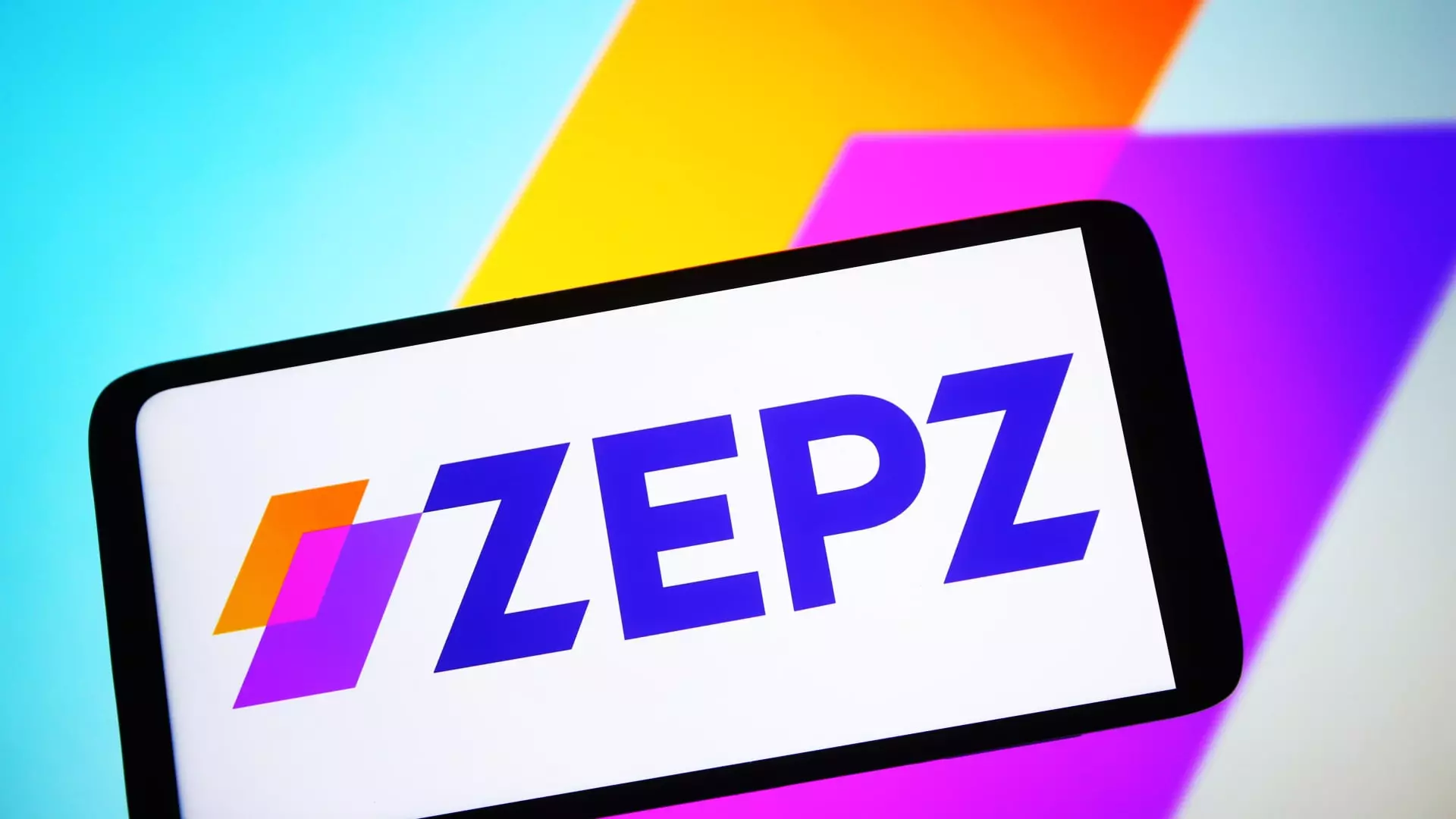In a significant shift within the fintech industry, British digital remittances company Zepz, formerly known as WorldRemit, has announced substantial layoffs affecting around 200 employees. This decision marks a pivotal moment for the company, which has garnered a reputation as one of Britain’s fintech leaders. As Zepz embarks on a transformative path, the implications of these layoffs extend beyond mere numbers, revealing deeper organizational strategies, market pressures, and future prospects.
Reports indicate that the layoffs will impact roughly 20% of Zepz’s global workforce, which stood at about 1,000 employees earlier this year. The job cuts primarily target IT roles, including database administration and software engineering, reflecting a broader trend within the industry where companies are streamlining operations amid economic pressures. The decision has come to light following a company memo from CEO Mark Lenhard, highlighting the challenges and the necessity of such drastic measures.
The layoffs come as Zepz aims to reduce operational complexities following a successful replatforming initiative supplemented by automation and artificial intelligence. Zepz’s spokesperson has stated that these changes, while painful, are pivotal to the long-term sustainability of the organization. However, the emotional toll on affected employees cannot be overlooked, sparking conversations about corporate responsibility during corporate restructuring.
Zepz was founded by Ismail Ahmed, a figure whose inspiring journey from Somalia during the civil war to entrepreneurship underlines the company’s narrative. However, the company’s path has not always been smooth. Layoffs are now a frequent feature within Zepz’s history, following a previous round of job cuts affecting approximately 26% of its workforce just a year prior. Such a pattern raises questions about organizational stability and strategic foresight within the increasingly competitive fintech realm.
With competitors like PayPal, Wise, and Revolut also innovating rapidly, Zepz’s choices are reflective of a critical balancing act. On one hand, they aim to remain committed to serving a global clientele, particularly migrants who rely on efficient money transfer solutions, but on the other hand, they face pressures to remain lean and efficient. This duality emphasizes the ongoing challenge fintech companies face as they navigate market fluctuations while trying to enhance user experience and operational efficiency.
In the face of these layoffs, Zepz has positioned itself as a “remote-first employer,” with significant regional offices in Poland and Kenya. The closure of these offices raises crucial inquiries regarding the company’s commitment to its workforce and equity across different regions. Collectively, the message from leadership indicates an ongoing commitment to the company’s mission, even as physical job locations are shuttered.
CEO Mark Lenhard’s memo presents a dual narrative: the necessity of difficult decisions for the company’s success alongside an aspiration to expand Zepz’s impact at an accelerated pace. This contradiction may create tension within corporate culture, as employees grapple with the feeling of insecurity while leaders push for growth. Transitioning into a culture that embraces change with transparency becomes paramount in maintaining employee morale and trust.
Zepz’s recent trajectory, including its lofty valuation of $5 billion in 2021 and subsequent funding rounds, certainly positions it as a strong player in the market. However, these layoffs cast a shadow on the company’s operational health and its immediate growth strategy. The company needs to ensure that its innovation endeavors and financial health align with their mission to serve immigrants globally.
Furthermore, as investors continue to keep a close eye on Zepz’s maneuvers, the question of an impending Initial Public Offering (IPO) looms large. While the excitement surrounding a potential IPO could provide necessary capital for expansion, the company must stabilize its foundation and regain confidence from both employees and investors.
Zepz’s recent layoffs have underscored several critical themes prevalent in today’s fintech landscape, including the need for agility in response to market demands and the emotional repercussions felt by employees during times of transformation. As the company strives to realign its operational capabilities and redefine its strategic direction, it must successfully balance the pursuit of growth with an equitable and supportive organizational culture. Moving forward, Zepz stands at a crossroads; their choices will shape not only their fate but also the future of digital remittances amidst a rapidly shifting financial terrain.

